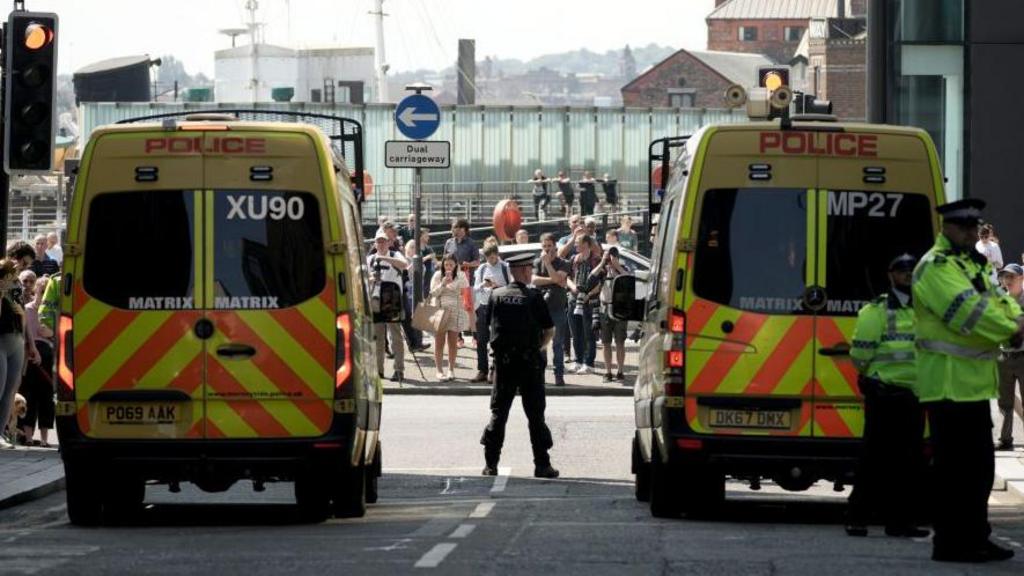“`html
The Home Secretary has announced a robust new criminal offense designed to target individuals suspected of planning mass killings, ensuring their plots are treated with the same gravity as acts of terrorism.
Yvette Cooper stated that the criminal justice system requires enhanced tools to address violence-fixated individuals who lack a specific ideological motivation, a need highlighted by last year’s attack in Southport.
Currently, terror suspects taking preparatory steps towards an attack can face life imprisonment, even if their plans are not fully developed.
Speaking to the BBC, Cooper explained that the government intends to “close the gap” between such offenders and lone individuals obsessed with violence by empowering the police to apprehend them well before they can act.
Axel Rudakubana is currently serving a life sentence for the murder of three girls in an attack on a Taylor Swift-themed dance class in Southport nearly a year ago.
The attack also left eight other girls seriously injured, along with two adults who intervened to stop the assailant.
Prior to the attack, even if police had discovered evidence of Rudakubana researching a target, they would have been unable to arrest and charge him with a serious offense due to the absence of an ideological motive linked to the definition of terrorism.
In an interview with BBC Radio 4’s State of Terror series, which examines the response to violent extremism in the 20 years since the 7/7 bombings, Cooper said that the police will be granted the authority to prevent individuals without a clear ideology, mirroring their powers concerning terror suspects.
“There is a gap in the law regarding the planning of mass attacks that can be just as serious [as terrorism] in their implications for communities, their impact, the devastation they can cause, and the seriousness of the crime,” she stated.
“We will strengthen legislation to ensure that such acts are treated with the same severity as terrorism.”
Cooper elaborated that the plan, initially announced in March but now more fully detailed, is for the new law to mirror the exceptionally serious crime of preparing for acts of terrorism.
This legislation, introduced following the 2005 London bombings, serves as a crucial counter-extremism tool that has led to the imprisonment of numerous suspects.
It allows law enforcement to arrest a terror suspect for preparatory steps taken towards an attack, such as researching a target.
However, it requires evidence linking the preparation to an ideological cause, such as support for a group banned under terrorism laws.
The proposed non-terror offense would apply to a broader range of scenarios, including the activities of individuals like Nicholas Prosper, who was planning a mass school shooting before being apprehended for the murder of his family.
Cooper noted: “We’ve seen cases of growing numbers of teenagers potentially radicalizing themselves online and seeing all kinds of extremist material online in their bedrooms.
“They’re seeing a really distorted and warped online world.
“We have to make sure that that the systems can respond while not taking our eye off the ball of the more long-standing ideological threats.”
State of Terror continues on Monday on BBC Radio 4 and BBC Sounds.
Police violently clashed with striking miners at Orgreave in South Yorkshire on 18 June 1984.
Rachael Maskell, York Central MP, was suspended over her welfare reform bill rebellion.
It’s been a week of dismissals, disagreements and backbench bust-ups, writes Laura Kuenssberg.
Prospective Labour candidates express irritation at delays in selection process for Senedd election.
Sir Wayne David quits for health reasons, saying there is “no political reason” for his departure.
“`

